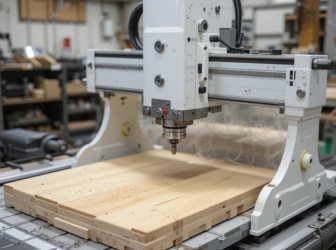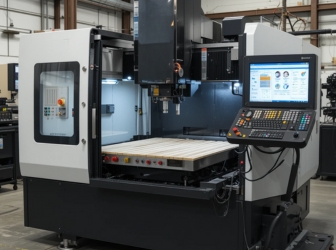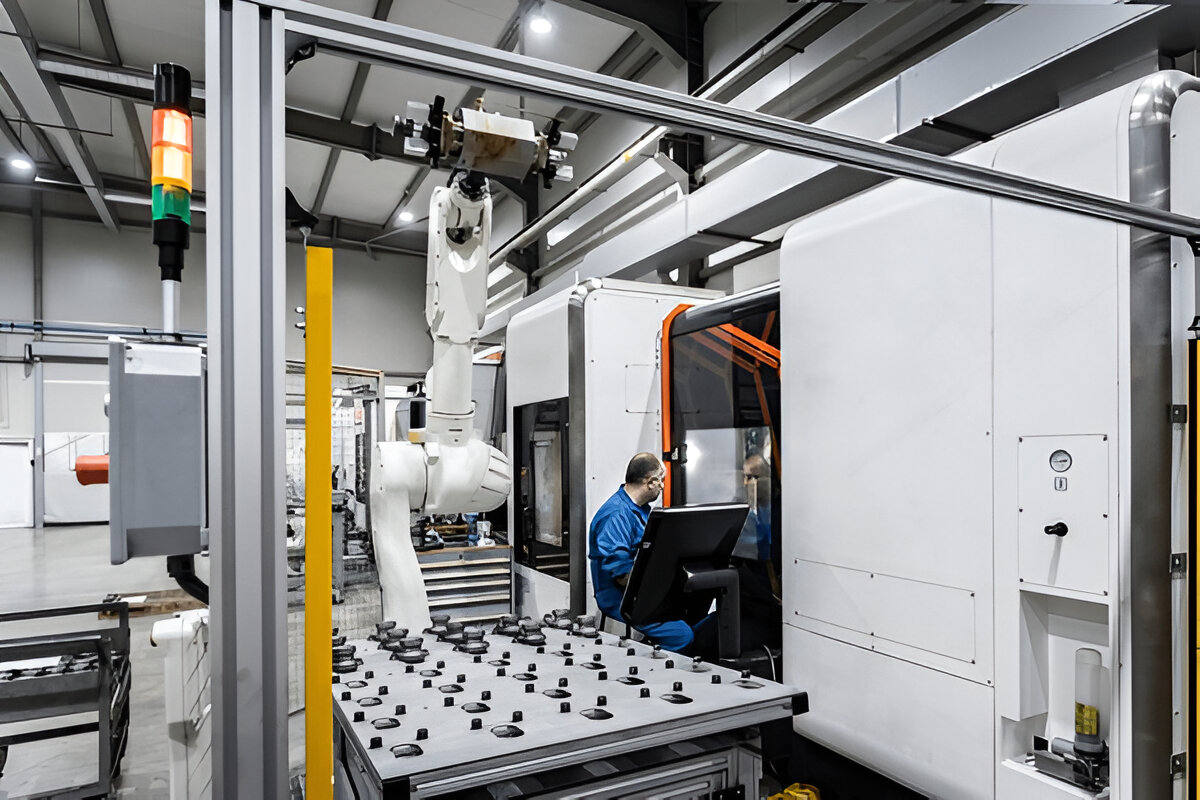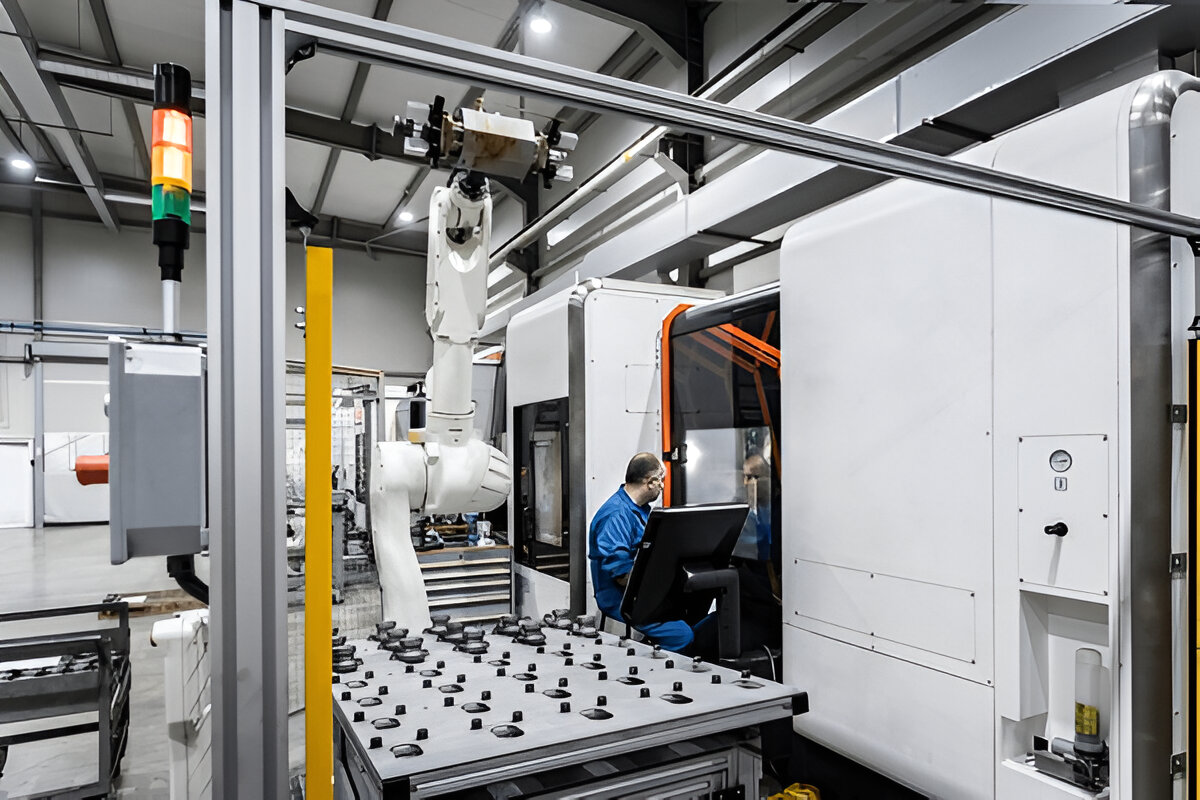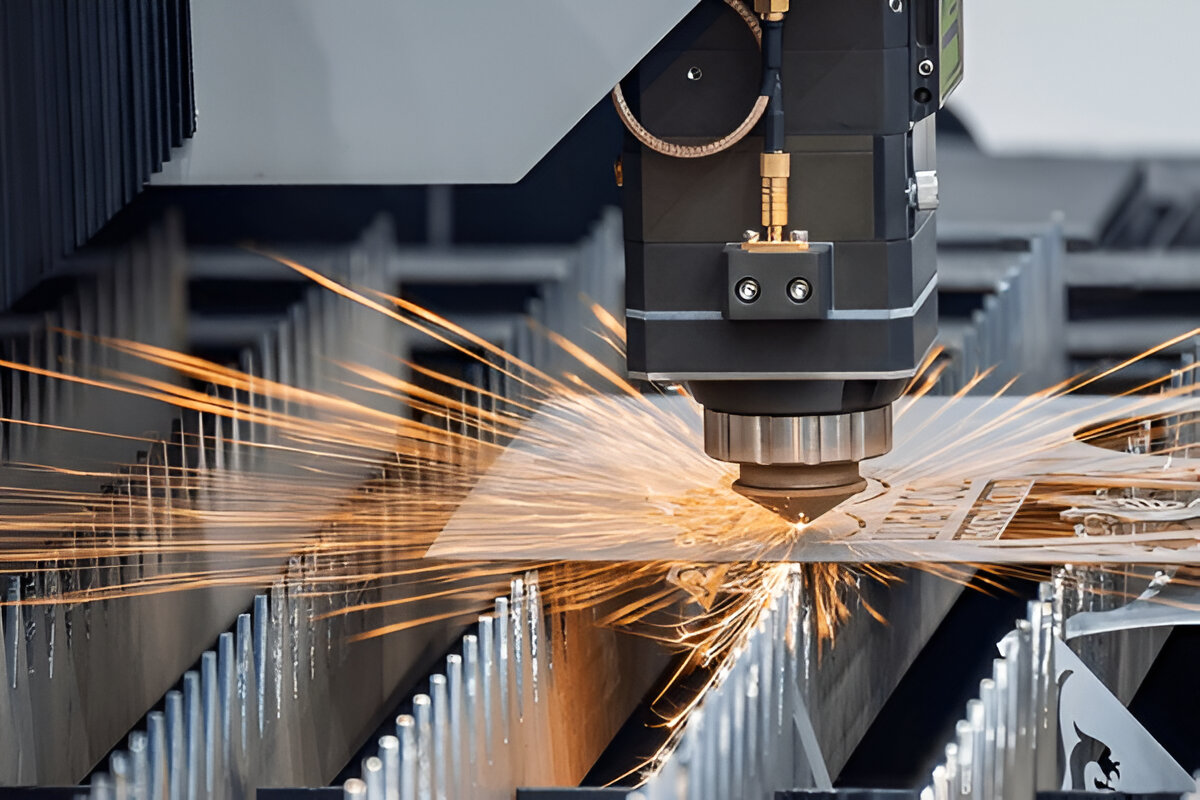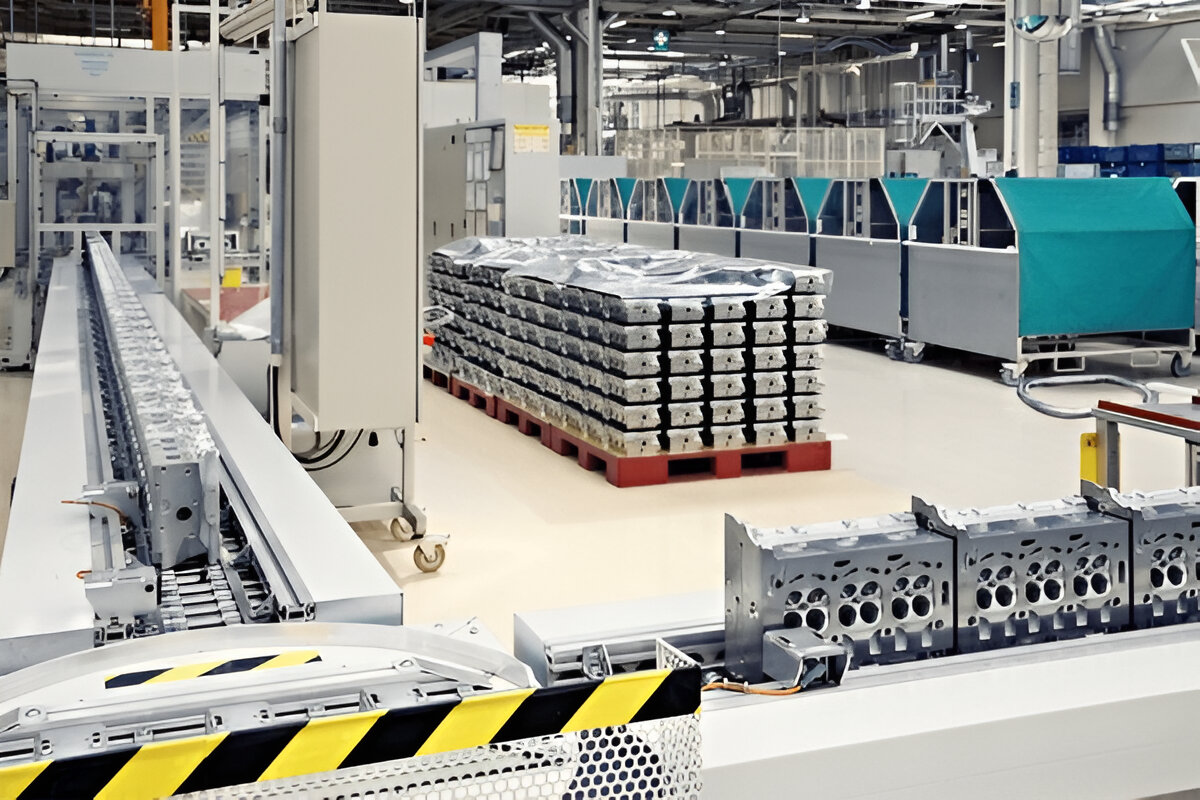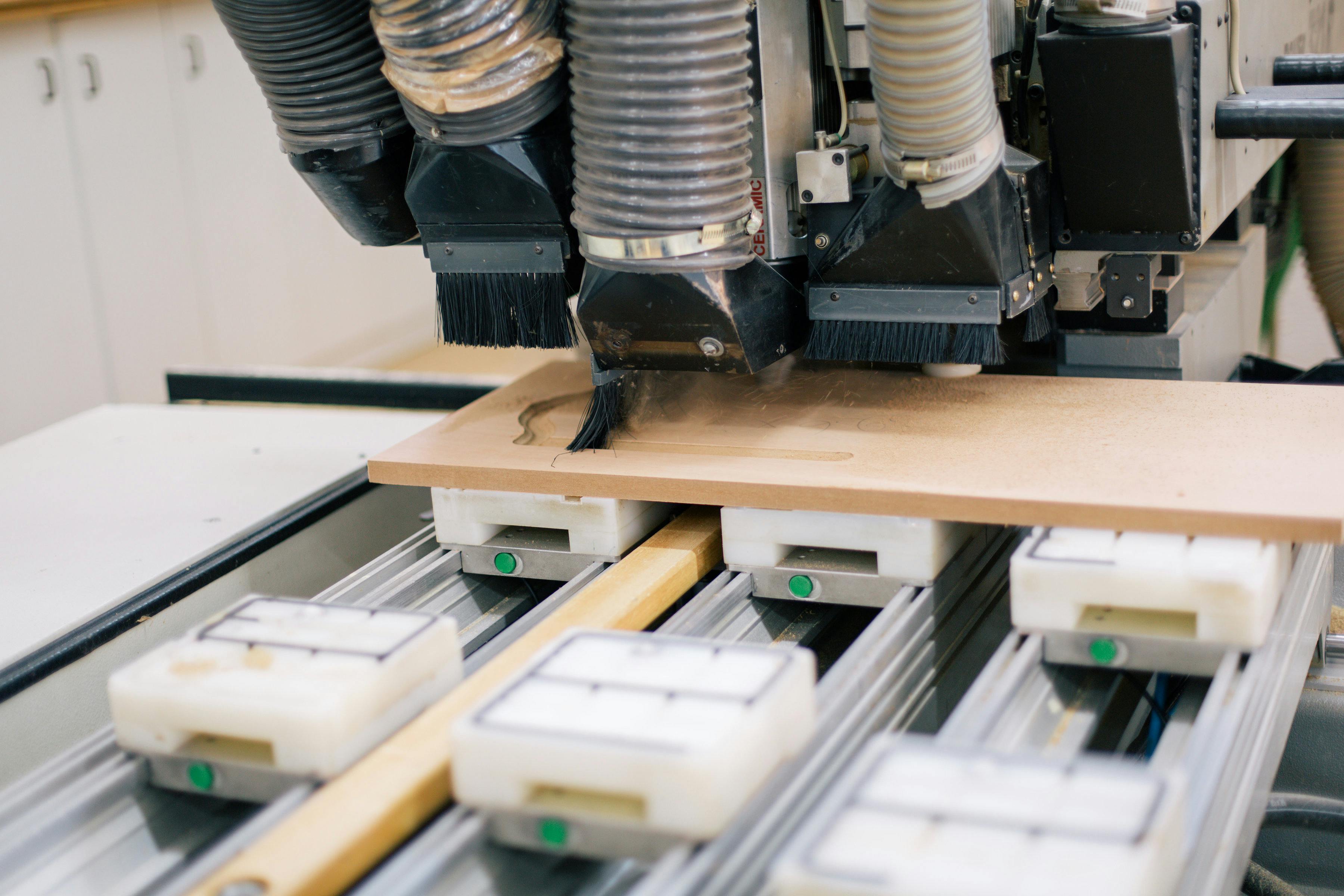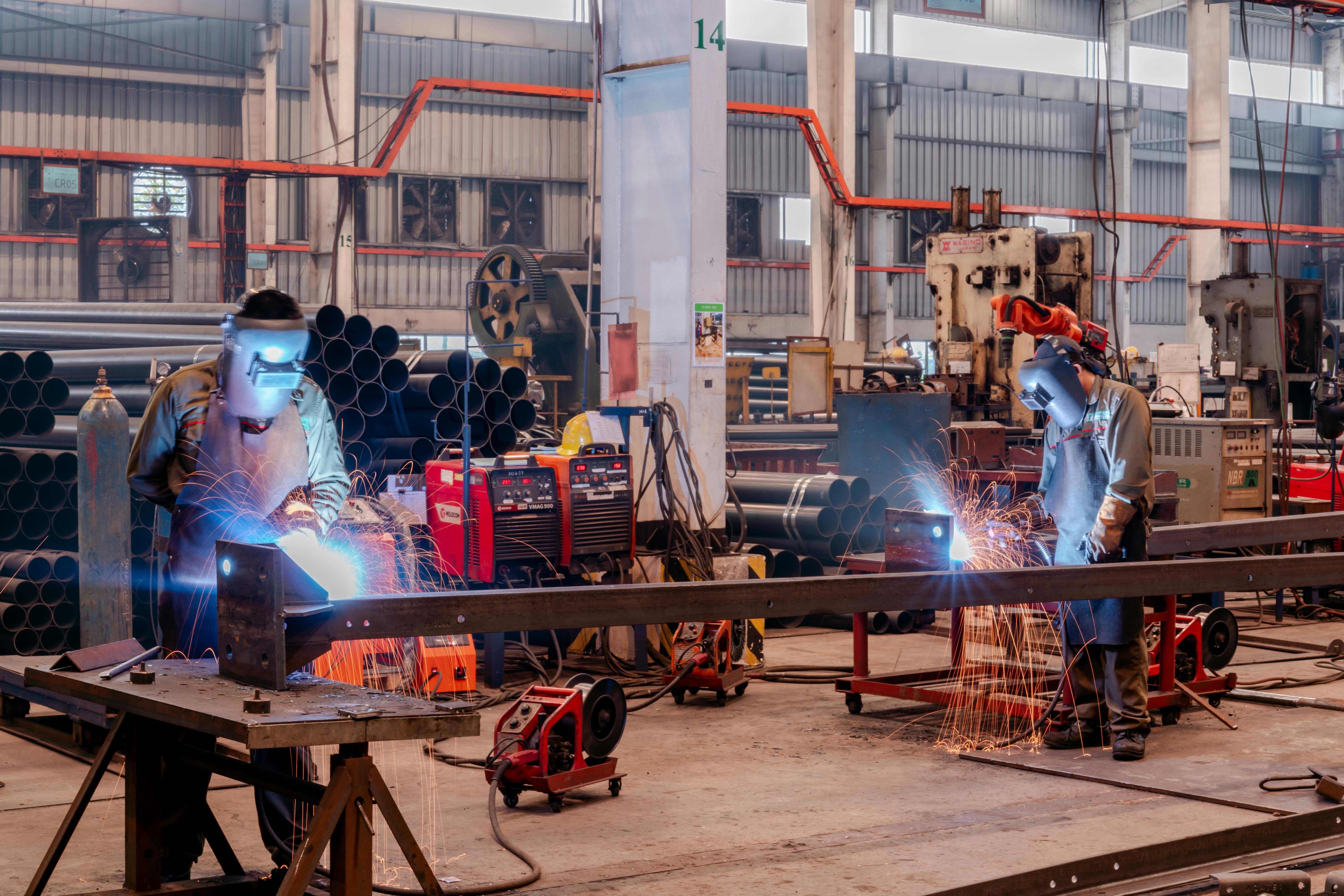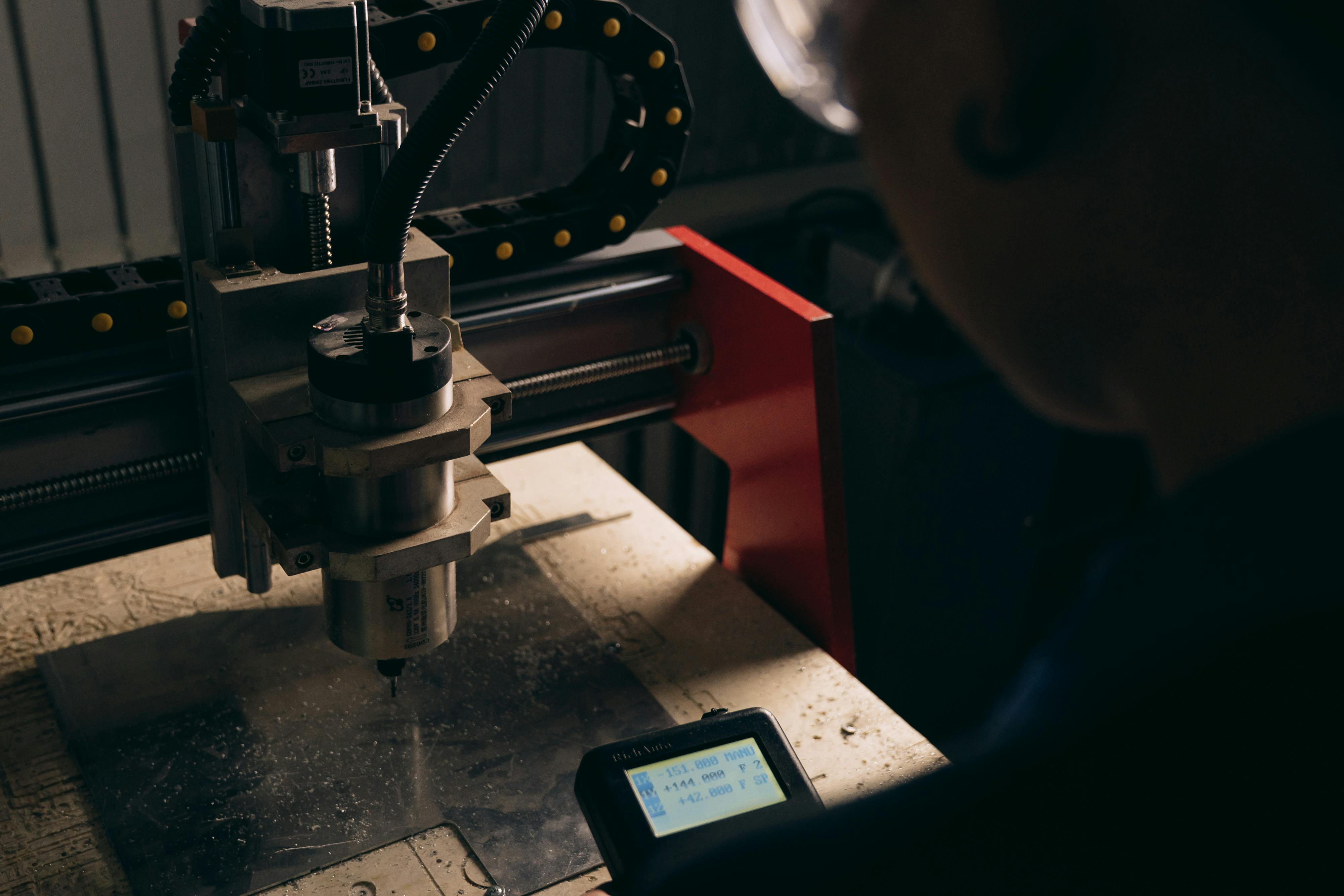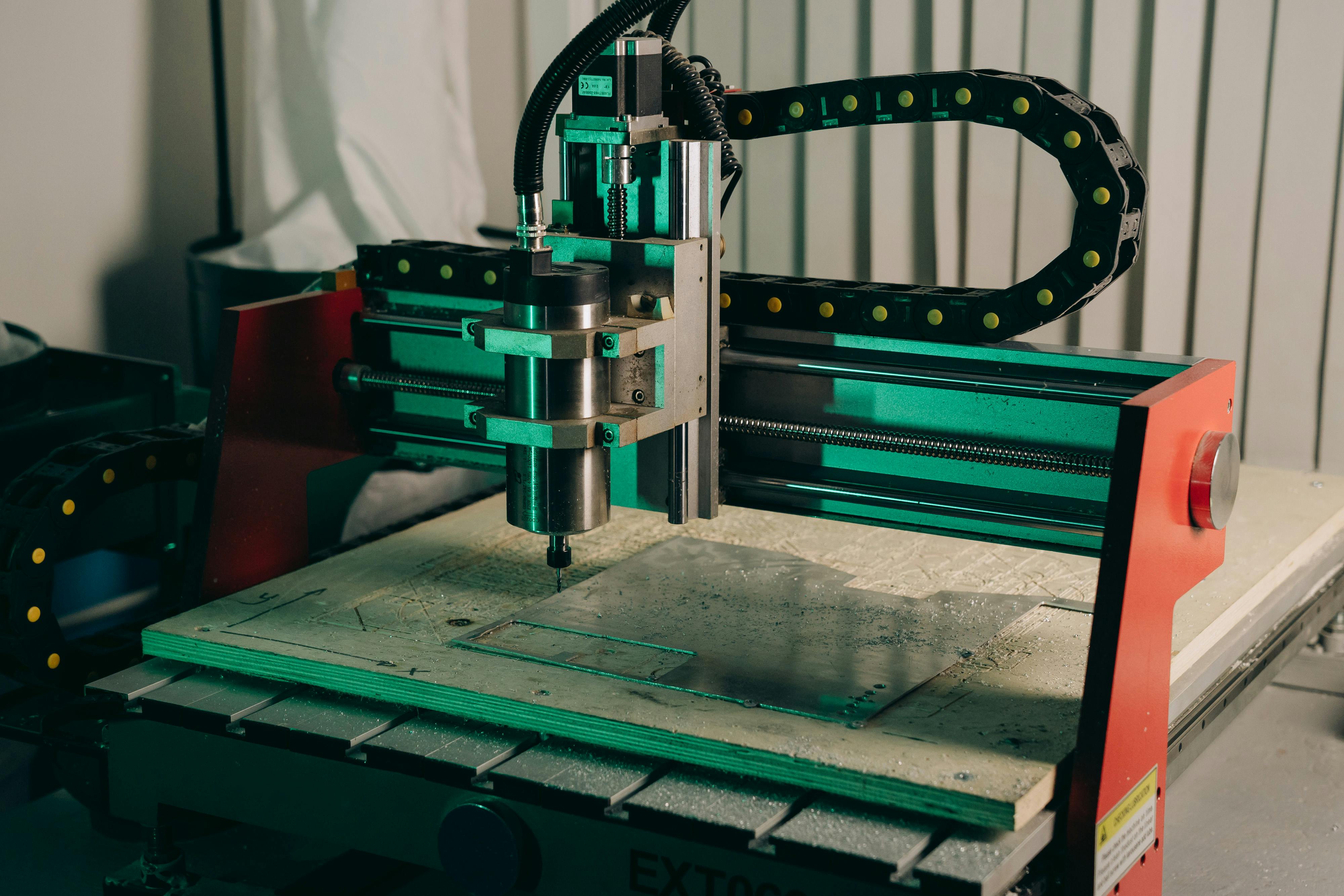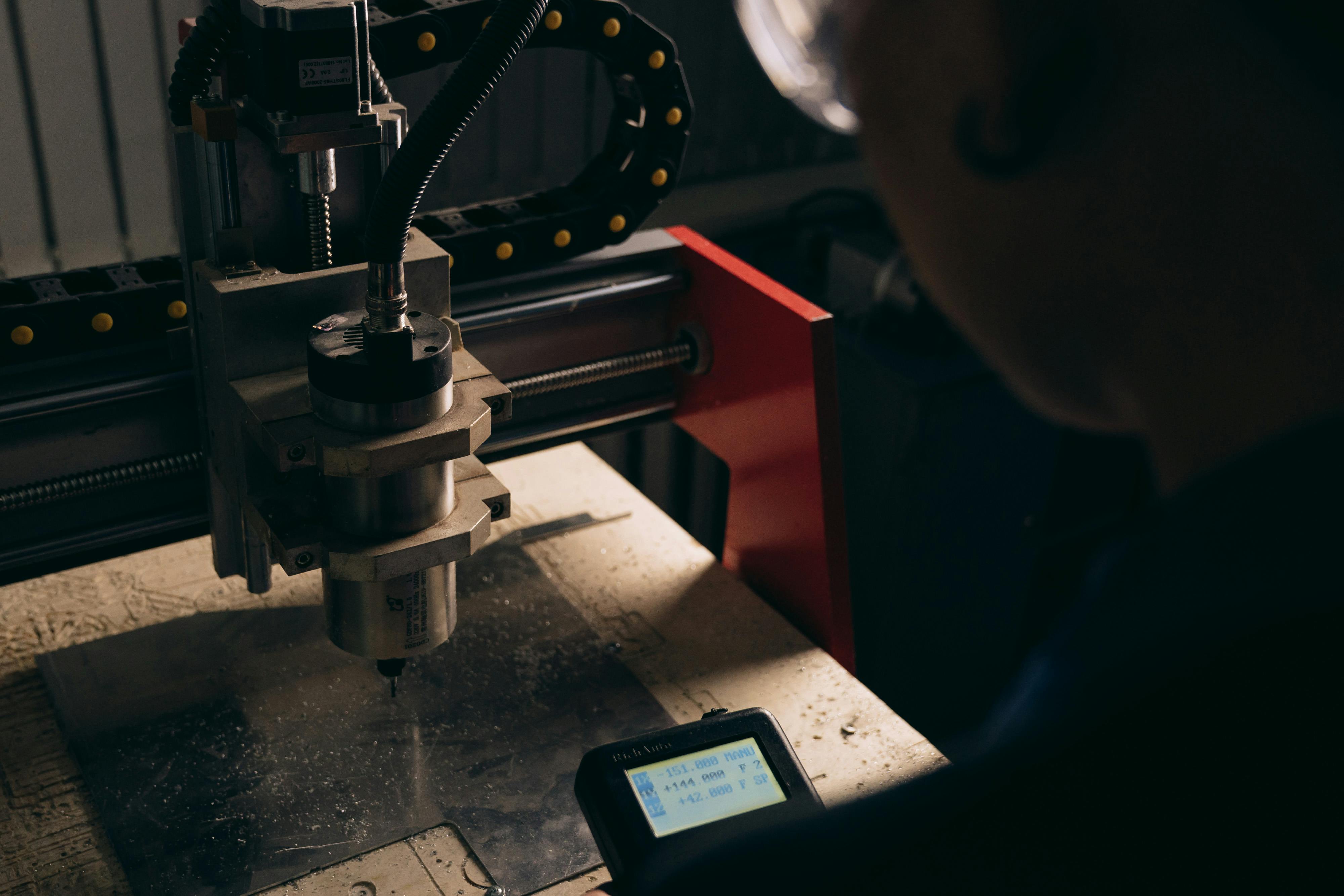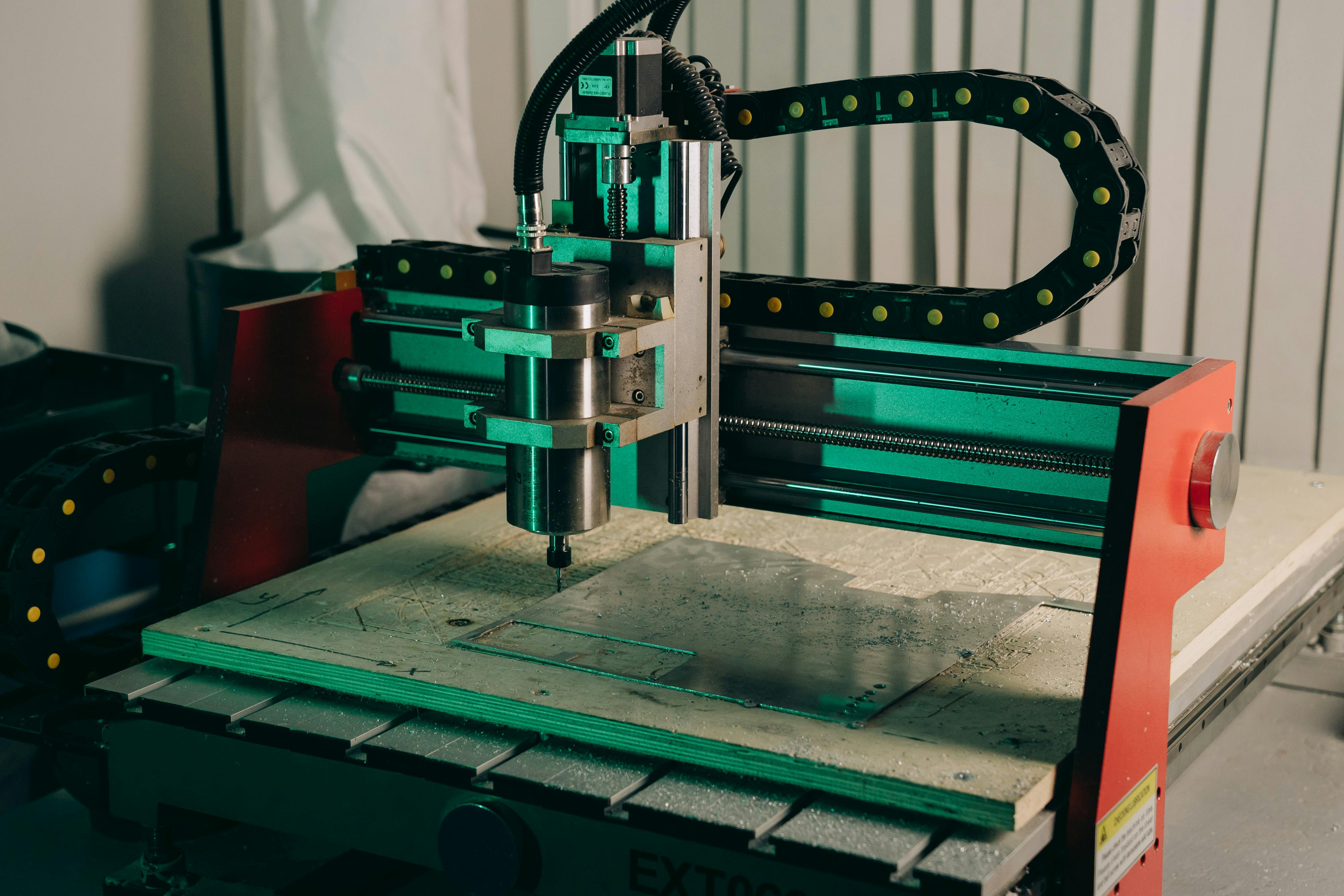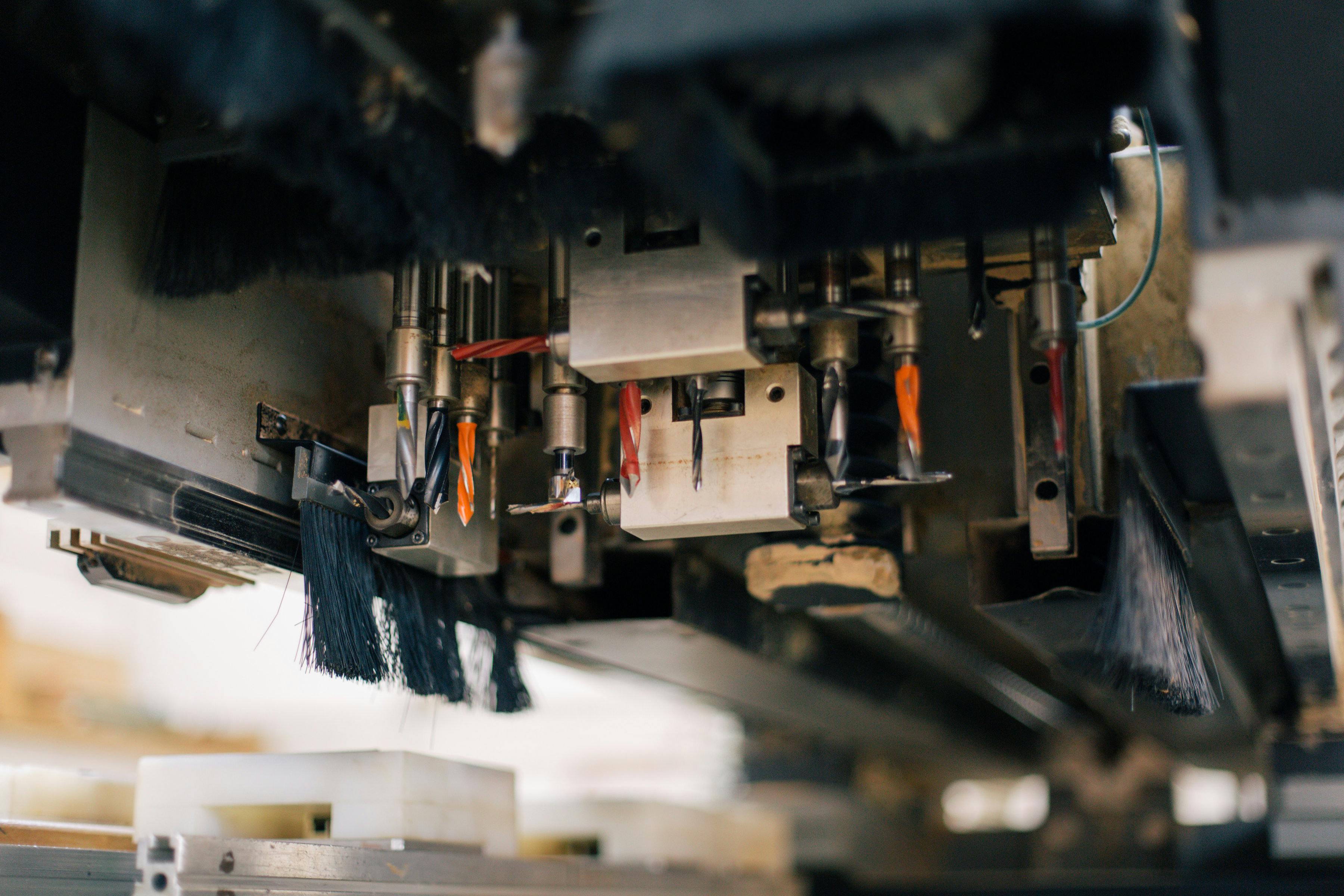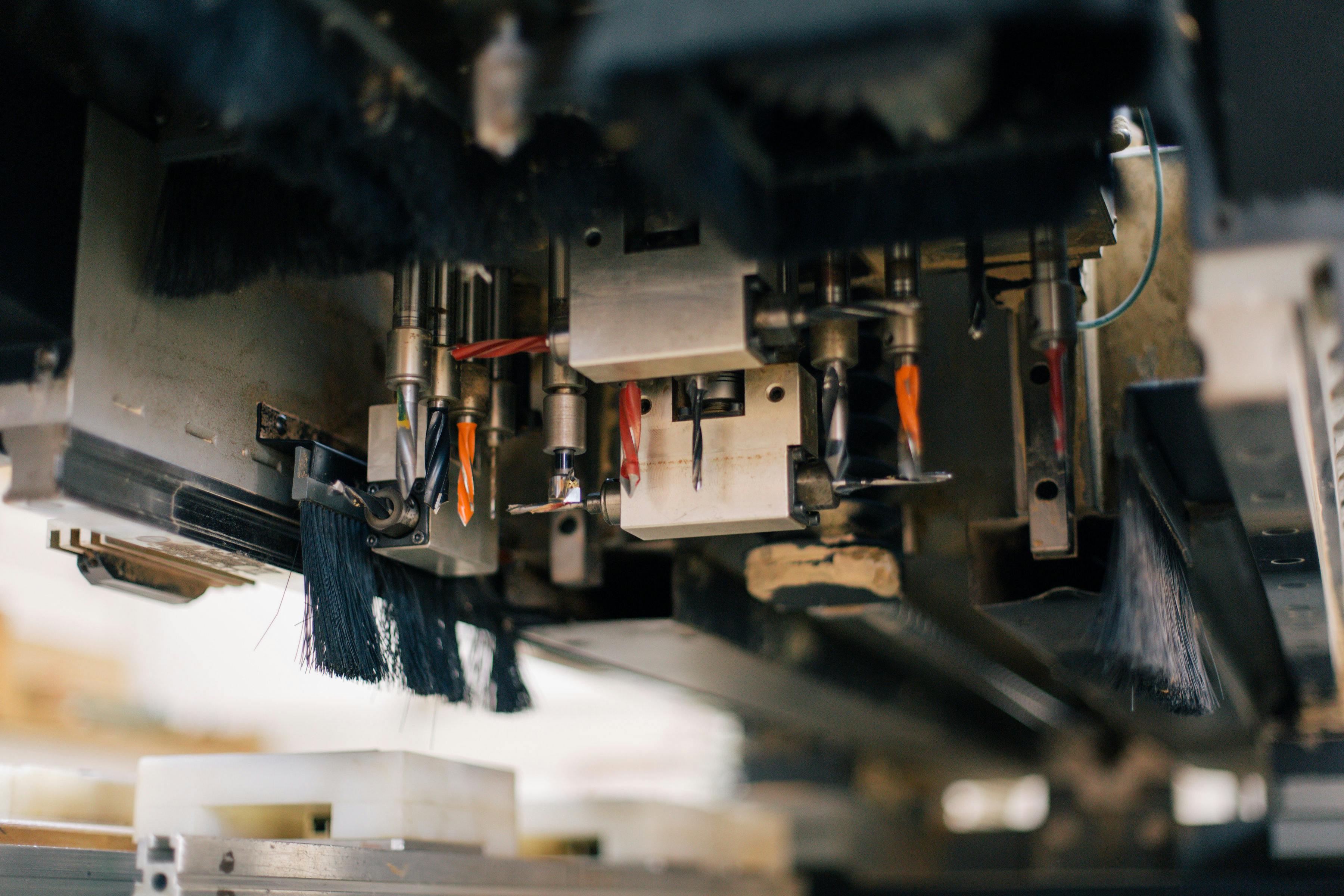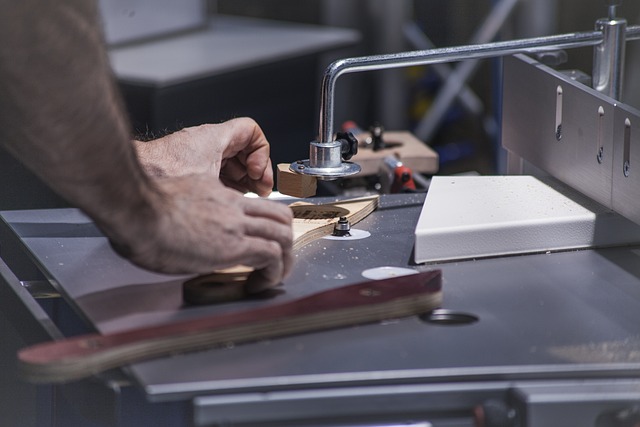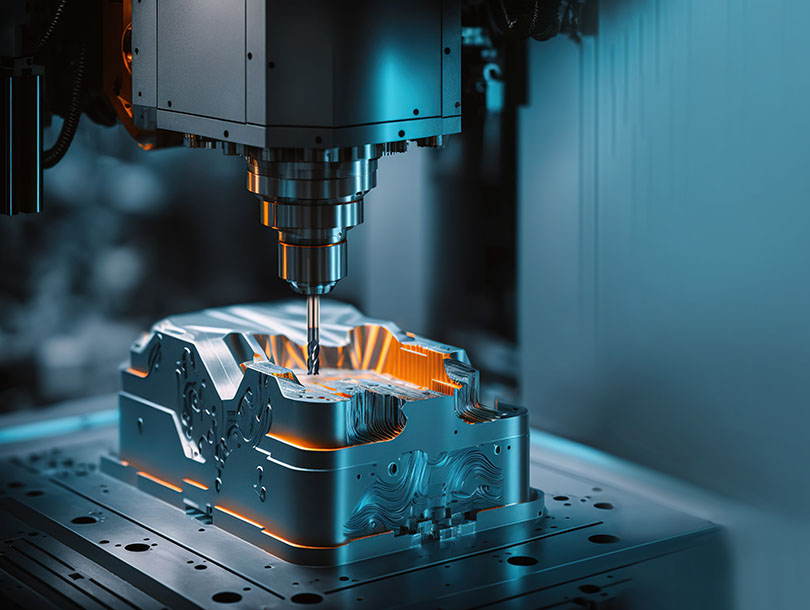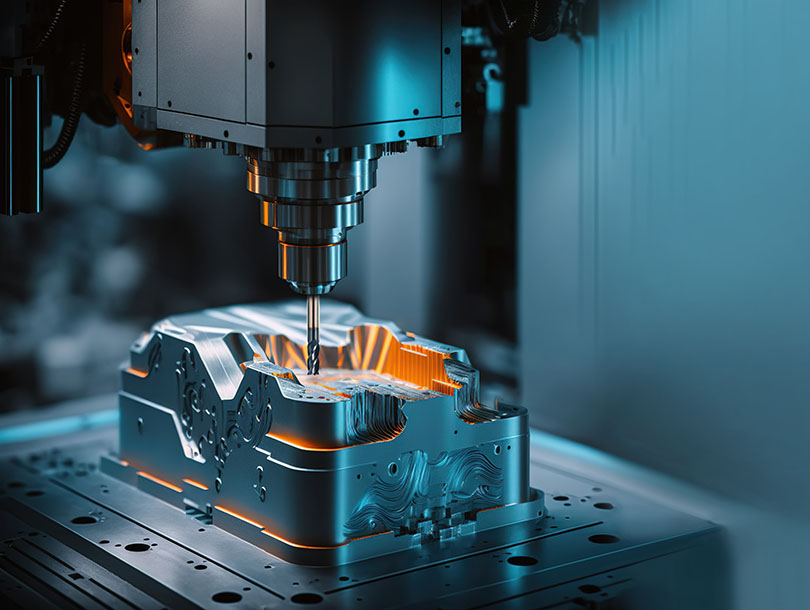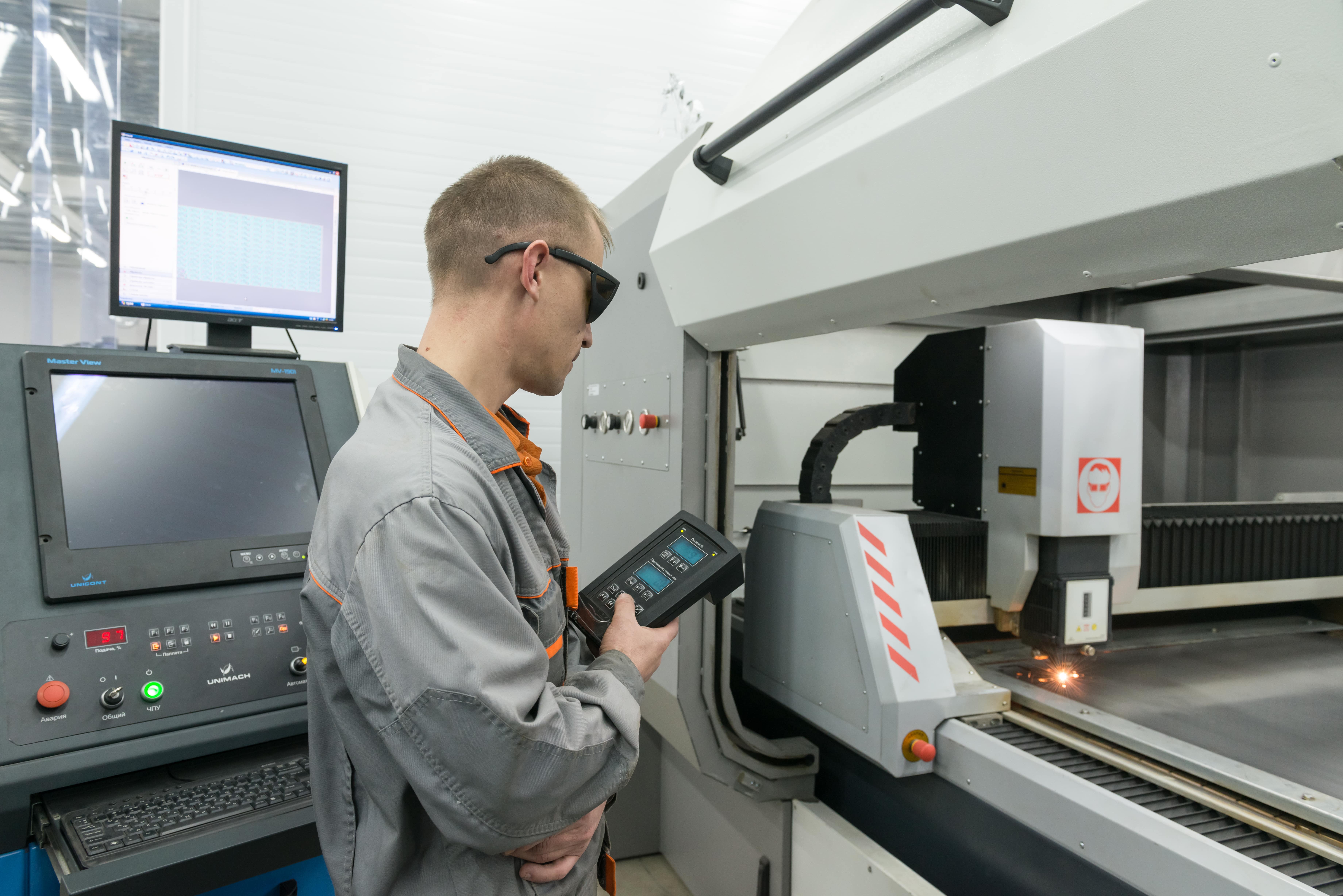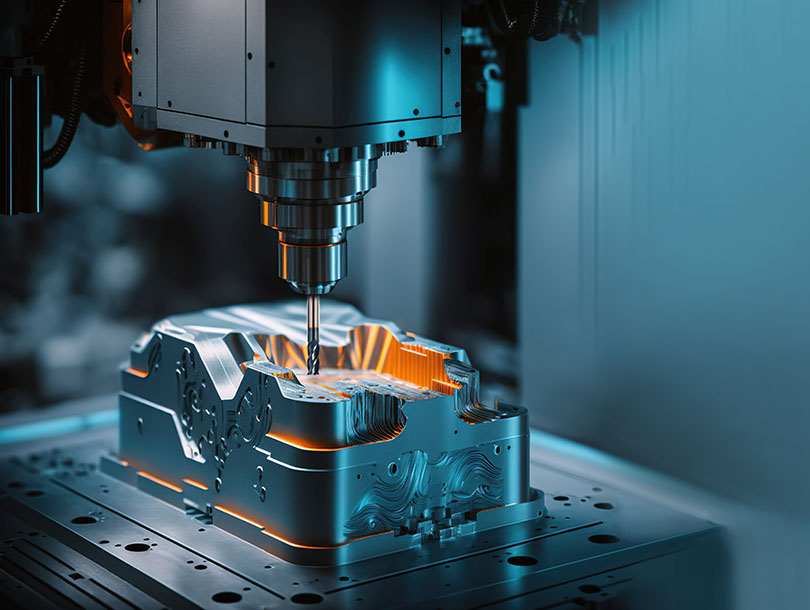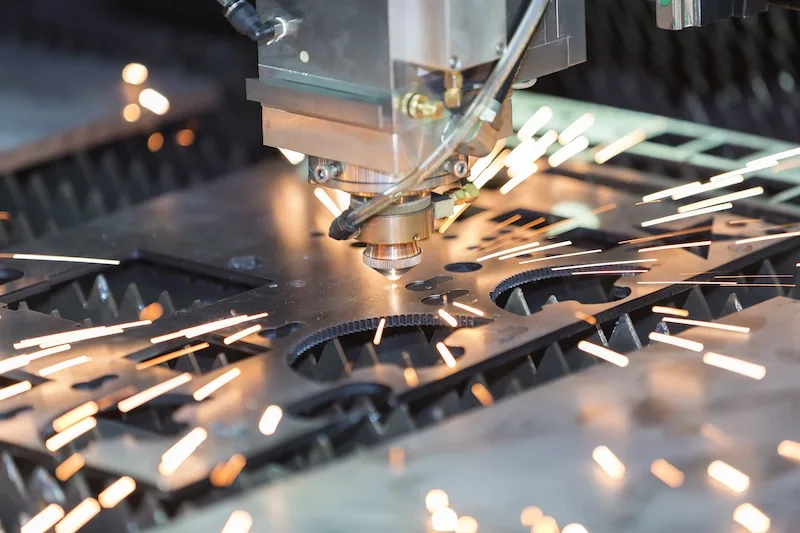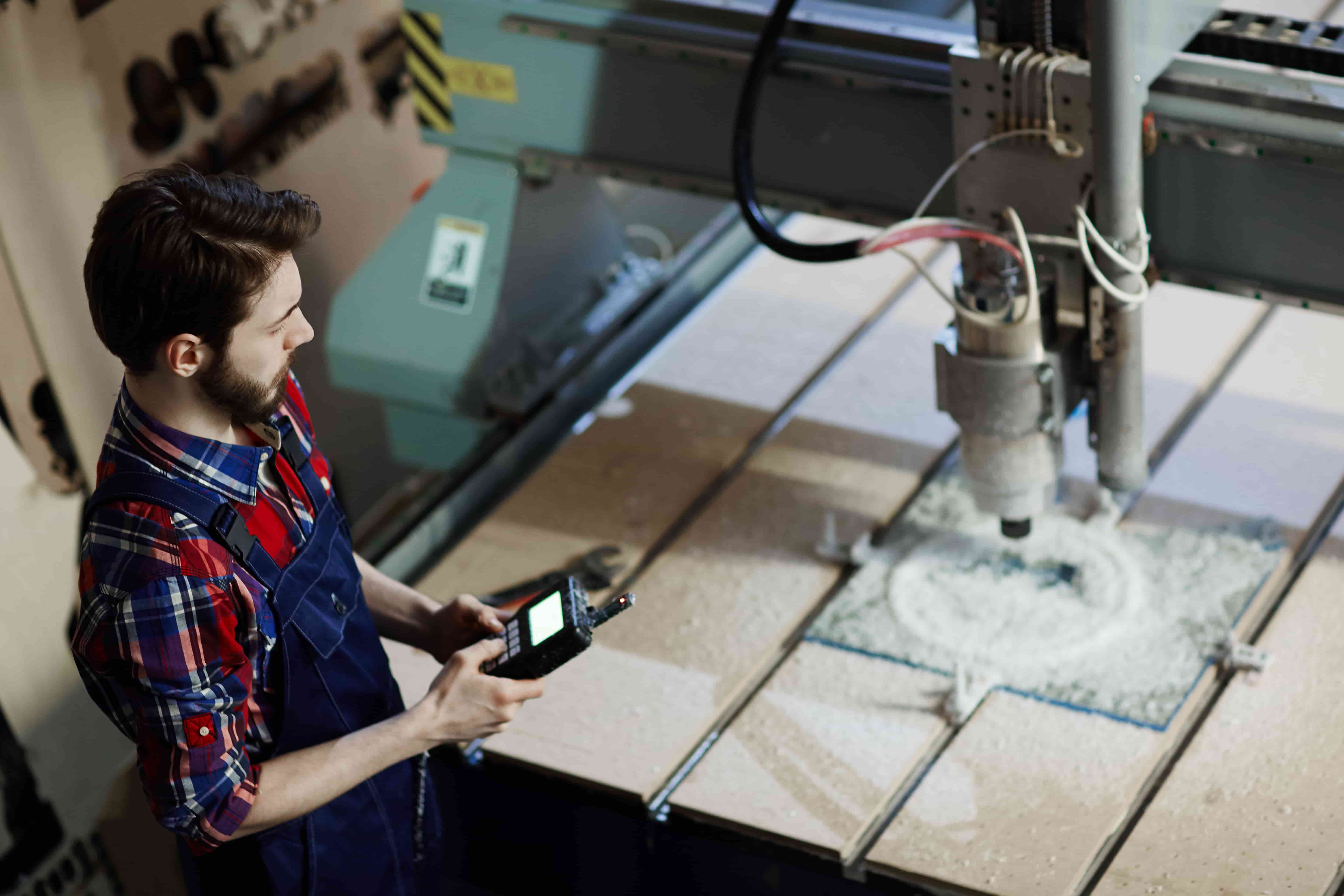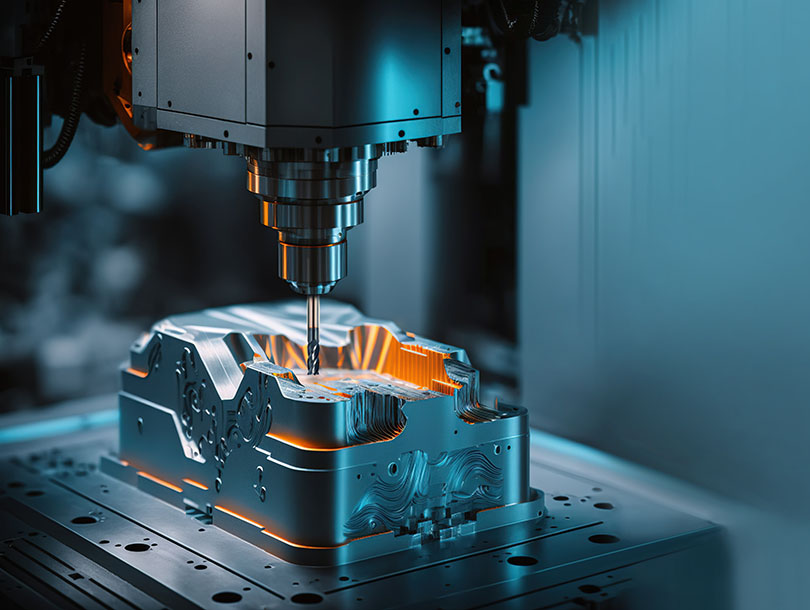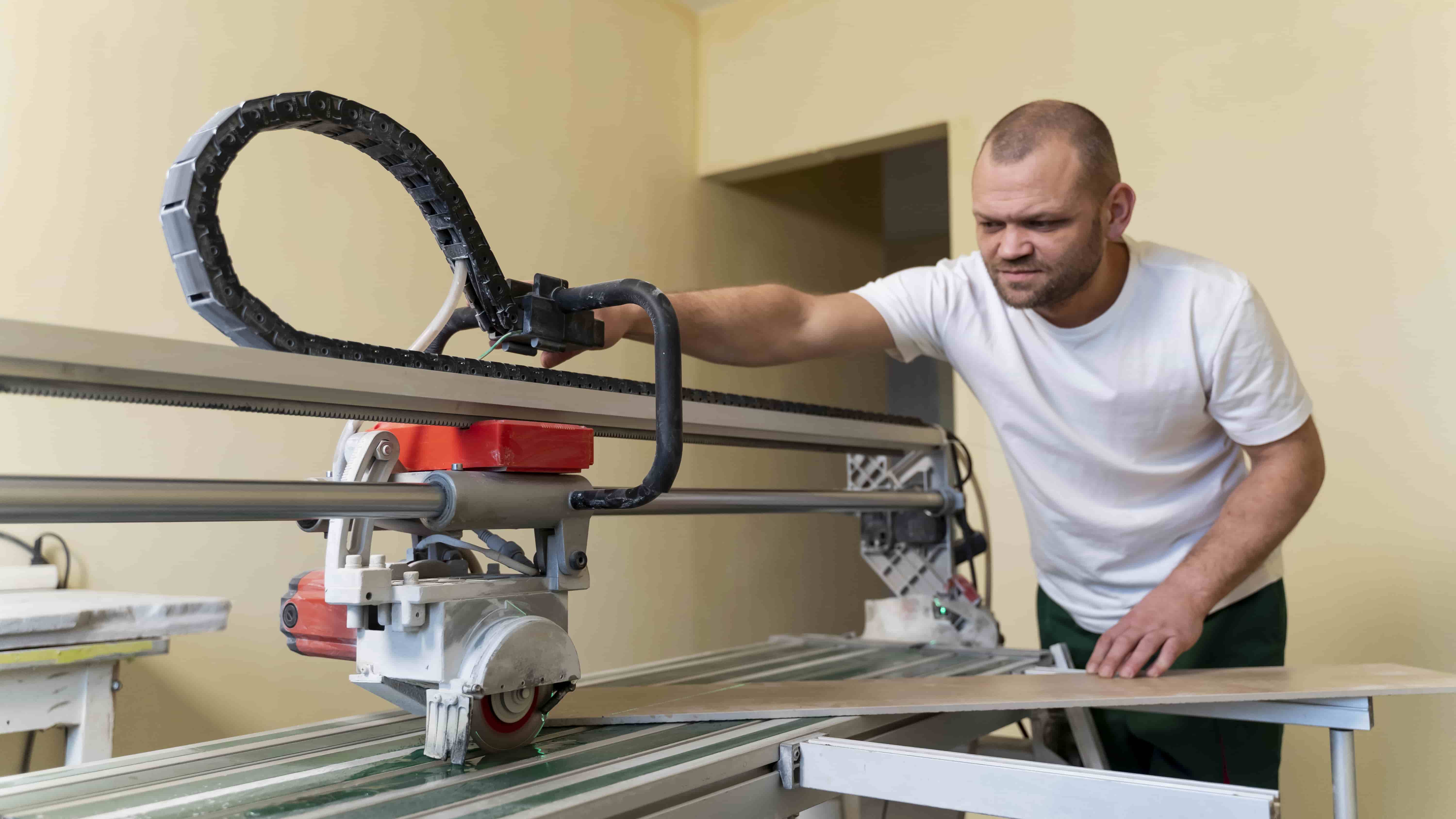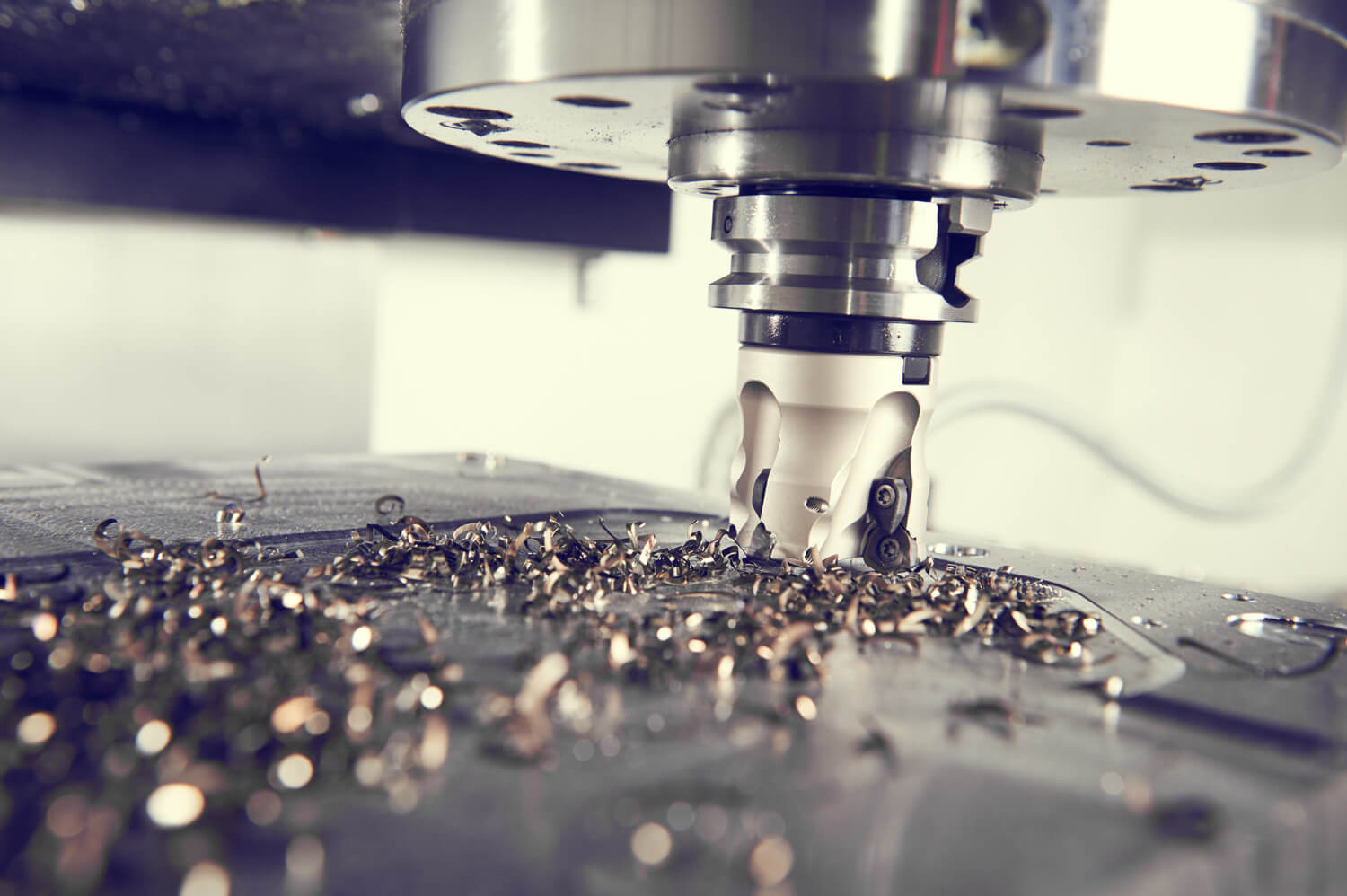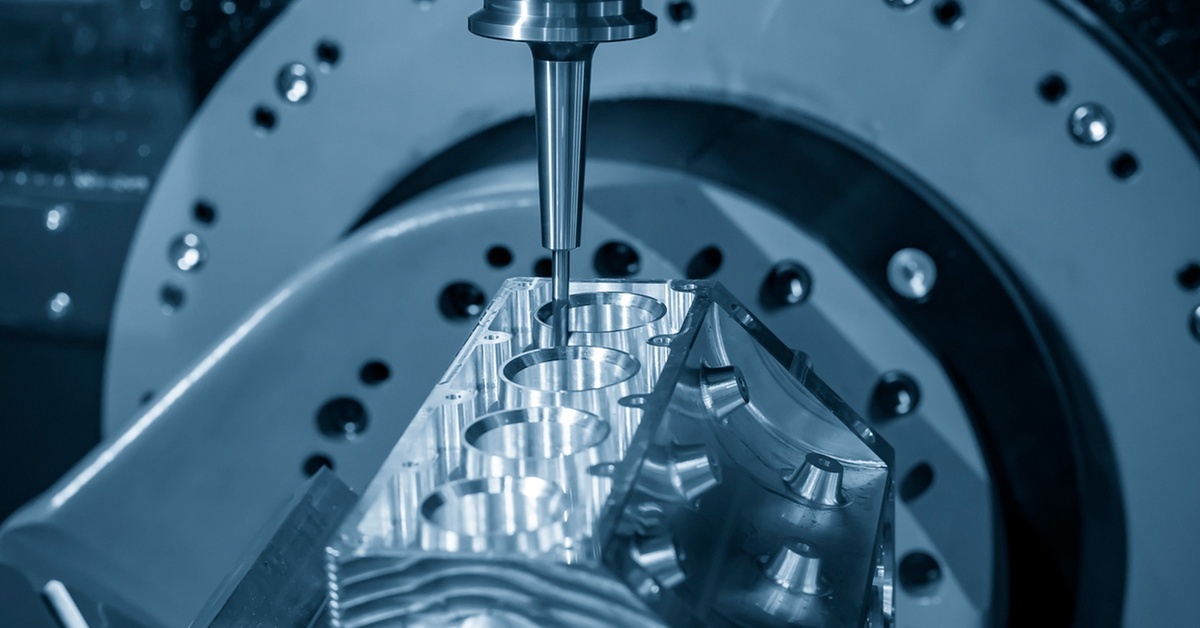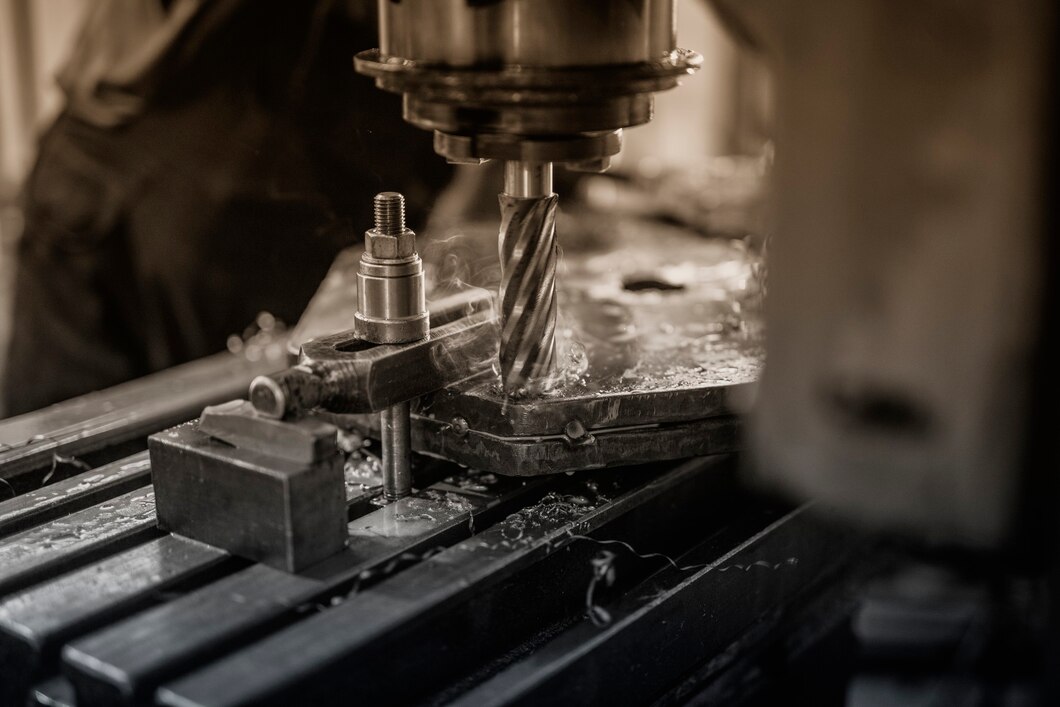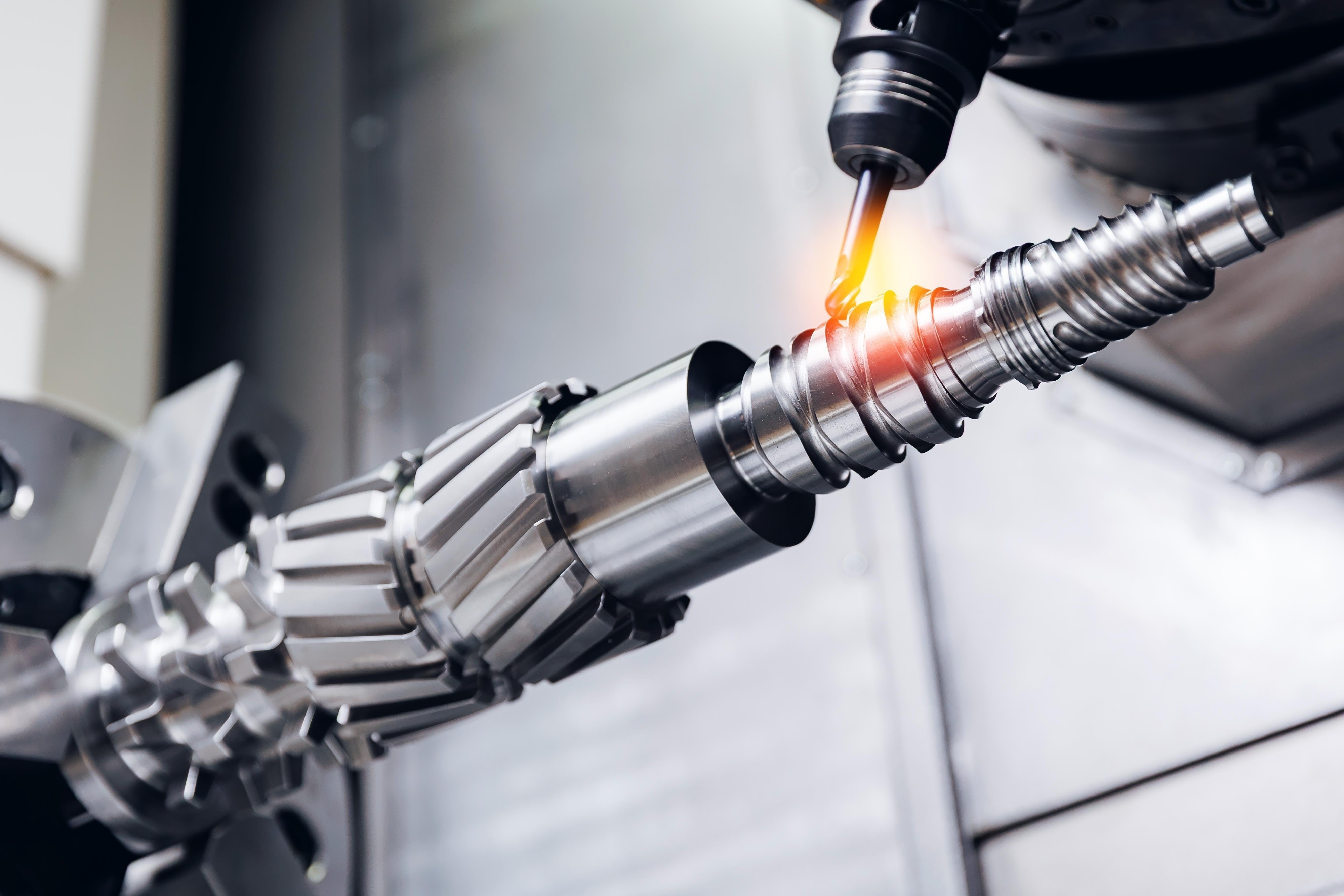The Role of CNC Machining in Bangalore’s Industrial Automation Growth
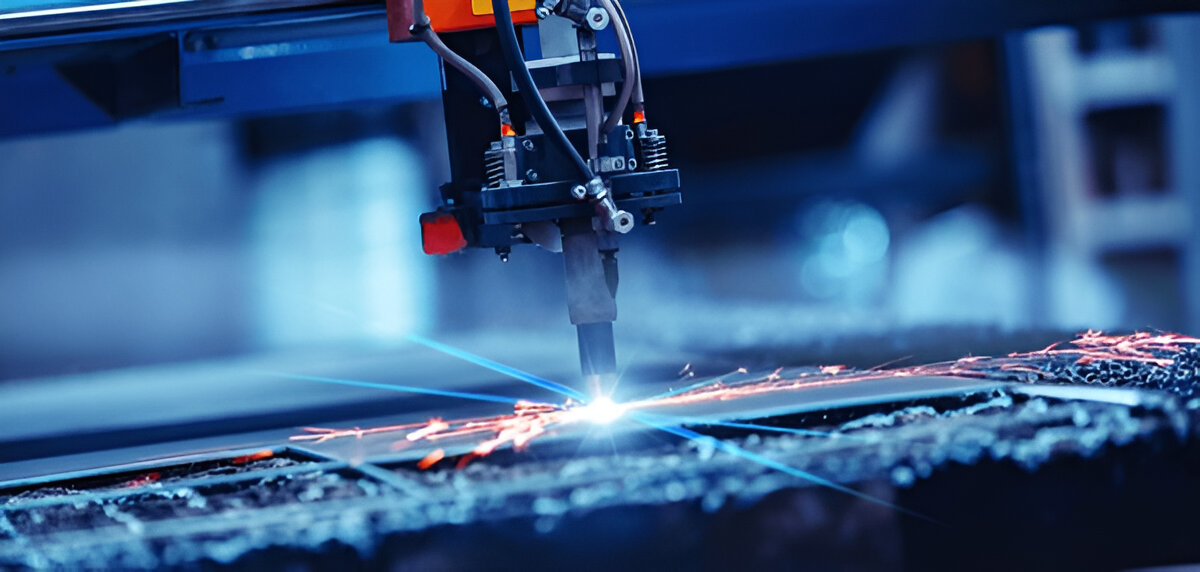
Introduction
Bangalore, widely known for its leadership in technology and innovation, has steadily evolved over the past two decades into a major center for industrial manufacturing and automation. While the city continues to thrive in the IT sector, it is also gaining recognition for its engineering excellence and advanced production capabilities. A key enabler of this transformation is CNC (Computer Numerical Control) machining a powerful technology that has revolutionized precision engineering, enhanced automation efficiency, and enabled scalable manufacturing across various industries.
As Bangalore witnesses exponential growth in sectors like aerospace, automotive, electronics, and medical devices, CNC machining is playing a pivotal role in supporting this transformation. This article explores the contribution of CNC machining to industrial automation in Bangalore, examining how it boosts productivity, ensures quality, and integrates seamlessly with the city's vision of becoming a manufacturing powerhouse.
Understanding CNC Machining
CNC machining is a manufacturing process that uses computer-aided software and automated machine tools to control the movement of machinery, such as lathes, mills, routers, and grinders. Unlike traditional machining, which relies heavily on manual operation, CNC machining enables unparalleled precision, repeatability, and speed—key components for industries embracing automation.
Key Features of CNC Machining:
- High Precision & Accuracy
- Repeatability and Reliability
- Speed and Scalability
- Compatibility with Complex Designs
- Reduced Human Error
- Lower Labor Costs
Bangalore: The Emerging Manufacturing Powerhouse
.jpg)
While traditionally known for its IT sector, Bangalore is now a significant player in India’s broader manufacturing and automation ecosystem. With the rise of the “Make in India” initiative and the city’s strategic positioning in Karnataka’s industrial corridors, Bangalore has attracted investments in aerospace, automotive, electronics, and industrial robotics.
The backbone of this transformation is the city's growing network of fabrication units, precision engineering companies, and CNC machining centers. These entities are not only supporting local production but are also catering to global supply chains.
The Symbiotic Relationship Between CNC Machining and Industrial Automation
Industrial automation refers to the use of control systems such as computers or robots to handle different processes and machinery in manufacturing. CNC machining complements and enhances this concept in multiple ways:
1. Precision Manufacturing for Automated Systems
Industries in Bangalore depend heavily on the production of highly precise mechanical components, whether for robots, actuators, conveyor systems, or smart assembly lines. CNC machining enables the creation of complex, high-tolerance parts that are essential for smooth and error-free automation.
2. Integration with CAD/CAM for Automated Workflows
CNC machines in Bangalore’s workshops are often integrated with CAD (Computer-Aided Design) and CAM (Computer-Aided Manufacturing) systems, allowing for complete automation from design to production. This reduces human dependency, speeds up prototyping, and streamlines the entire development cycle.
3. Scalable Production for Mass Automation
Whether it’s fabricating hundreds of robotic arm parts or producing customized jigs and fixtures for automotive assembly lines, CNC machining ensures scalability without compromising on quality. For companies in Bangalore, this means faster go-to-market timelines and better operational efficiency.
Sectors Benefiting from CNC Machining in Bangalore
.jpg)
1. Aerospace & Defense
Bangalore is home to major players like HAL (Hindustan Aeronautics Limited), DRDO, and ISRO, making it a national leader in aerospace and defense manufacturing. CNC machining supports the sector by providing:
- Aircraft-grade aluminum and titanium parts
- Turbine components
- Custom aerospace fixtures
- Satellite and UAV components
2. Automotive & Electric Vehicles (EV)
The shift towards electric vehicles and intelligent transportation systems has fueled demand for precision engineering. CNC machining caters to this with:
- Engine and transmission parts
- Lightweight aluminum housings
- Battery enclosures and connectors
- Prototyping and testing components
3. Medical Devices & Equipment
As a healthcare innovation hub, Bangalore relies on CNC machining for:
- Surgical tools and implants
- Diagnostic equipment parts
- Customized orthopedic components
- Biocompatible materials like titanium and stainless steel
4. Electronics & Semiconductors
CNC machining plays a crucial role in supporting Bangalore’s burgeoning electronics manufacturing sector by producing:
- Housings for PCB assemblies
- Heat sinks
- Connectors and terminals
- Precision metal cases for embedded systems
CNC Machining and Industry 4.0: The Automation Revolution
Bangalore is rapidly embracing Industry 4.0—the integration of IoT, AI, robotics, and smart manufacturing. CNC machining is a vital cog in this movement, contributing in several key areas:
1. Smart Machining with IoT Integration
Advanced CNC machines are now equipped with IoT sensors that track machine health, performance, and maintenance needs in real-time. This predictive capability minimizes downtime and improves productivity in Bangalore’s high-tech manufacturing facilities.
2. Data-Driven Quality Control
CNC machining systems now come with integrated analytics that collect data on every part produced. This data is essential for quality assurance and compliance in sectors like aerospace and medical devices.
3. Automated Tool Management
In high-volume manufacturing, tool wear can compromise precision. CNC machines with smart tool monitoring systems automatically adjust or replace tools, ensuring consistent output and reducing waste.
CNC Machining Hubs in Bangalore: Who’s Leading the Charge?
Numerous companies in Bangalore have established themselves as leaders in CNC machining services. From small-scale units in Peenya Industrial Area to large-scale enterprises in Electronic City and Bommasandra, CNC facilities are helping local industries scale up.
Notable CNC Capabilities Offered in Bangalore:
- 3, 4, and 5-axis CNC milling and turning
- Wire EDM and spark erosion
- CNC grinding and honing
- Rapid prototyping using CNC routers
- High-volume production with robotics integration
Challenges Faced by CNC Machining in Bangalore
.jpg)
Despite its many advantages, CNC machining in Bangalore faces a few challenges that need addressing to sustain its growth:
1. Skilled Workforce Shortage
Operating CNC machinery requires technical skills and expertise. There's a gap between demand and the availability of trained professionals. While many technical institutes are working to bridge this gap, more industry-academia partnerships are needed.
2. High Initial Investment
Advanced CNC machines are capital-intensive. For small manufacturers, this is a barrier to entry. However, shared CNC facilities, government subsidies, and cooperative models are emerging as possible solutions.
3. Material Supply Chain
The availability and consistent quality of raw materials such as aerospace-grade alloys or medical-grade stainless steel can be a concern, especially for high-precision sectors. Developing local suppliers and reducing import dependencies will help stabilize operations.
Government Policies & Industrial Parks Fueling CNC Growth
The Karnataka state government has taken numerous steps to promote industrial automation and CNC-based manufacturing in Bangalore:
- Peenya Industrial Area: One of Asia’s largest industrial hubs, with hundreds of CNC machining units.
- Aerospace SEZ near Devanahalli: Focused on high-precision component manufacturing.
- Electronics Manufacturing Clusters: Encouraging CNC for PCB and semiconductor production.
- Skill Development Initiatives: Training programs in CNC operation, CAD/CAM, and industrial automation.
These zones not only provide physical infrastructure but also encourage the integration of CNC machining with automation-friendly practices.
Zeometrix and the Future of CNC Machining in Bangalore
.jpg)
At Zeometrix, we are proud to be part of Bangalore’s CNC machining revolution. As a leading precision engineering firm, we offer state-of-the-art CNC services tailored to modern industrial automation needs. From prototyping to mass production, we help businesses across aerospace, medical, and automotive domains deliver quality with precision.
Our CNC machining capabilities include:
- Advanced 3 to 5-axis machining
- Rapid prototyping for automation systems
- High-volume part production for assembly lines
- Design-to-manufacture consulting using CAD/CAM integration
We believe the future of industrial growth in Bangalore is tightly linked with innovations in CNC machining—and we are here to help shape that future.
Conclusion
CNC machining has firmly established itself as a cornerstone of industrial automation in Bangalore. As the city evolves into a hub for advanced manufacturing, the synergy between CNC technology and automation will only deepen. From empowering precision engineering to enabling smart factories, CNC machining is not just a toolit’s a catalyst for progress.
The path ahead involves adopting smarter, more efficient machines, investing in talent development, and integrating seamlessly with Industry 4.0 systems. Companies like Zeometrix are already leading this charge, and with continued innovation and government support, Bangalore is well-positioned to become a global center for intelligent manufacturing
